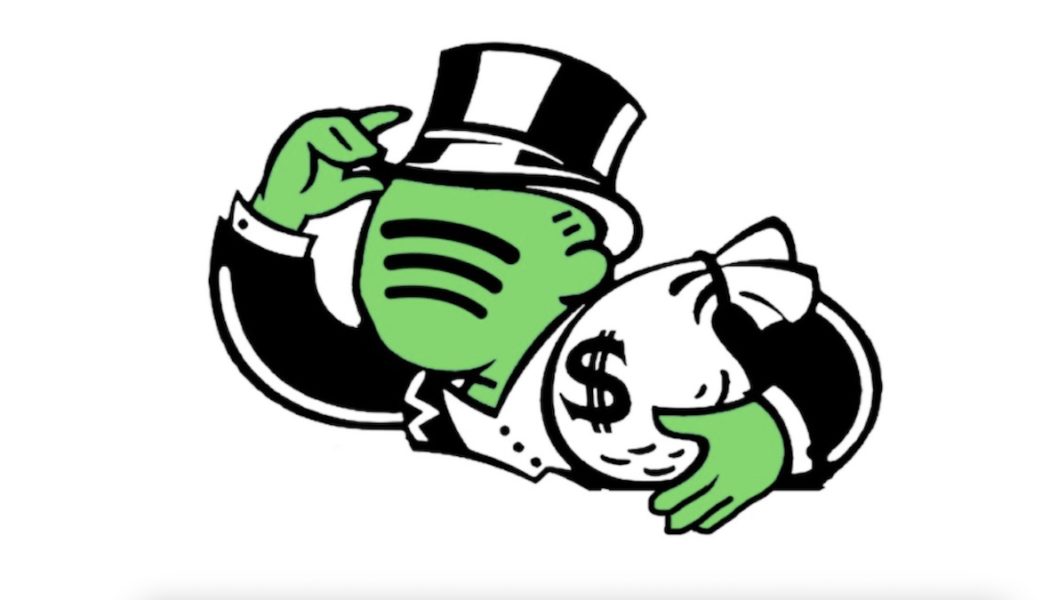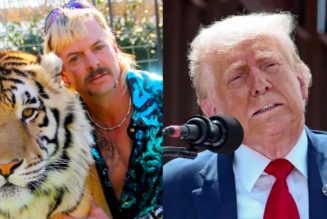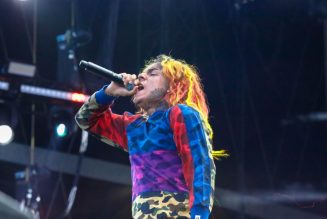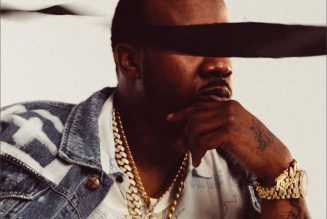Two high-ranking members of the House Judiciary Committee have sent a public letter to Spotify CEO Daniel Ek probing Spotify’s new Discovery Mode. Launched in November, this pilot program offers artists and labels reduced royalties in exchange for algorithmic preference in Radio and Autoplay formats (via The Hollywood Reporter).
House Judiciary Committee Chairman Rep. Jerry Nadler (D-NY) and Subcommittee on Courts, Intellectual Property, and the Internet Chairman Rep. Hank Johnson Jr. (D-GA) addressed Elk on June 2nd. “[Discovery Mode] may set in motion a ‘race to the bottom’ in which artists and labels feel compelled to accept lower royalties as a necessary way to break through an extremely crowded and competitive music environment,” they wrote.
“Depending on how the program is implemented, there is a further concern that accepting lower rates for this boost in Spotify’s algorithm may not even guarantee more airplay if virtually all commercial artists are also doing the same.”
Related Video
Few details of Discovery Mode have been made public. But the program is reminiscent of illegal payola schemes from the 1950s, ’60s, and ’70s, when some record executives bribed radio stations to play certain songs without disclosing the payment. In this case, Spotify is actively attempting to exchange airtime for money, and it’s doing so with far more market share than any traditional radio station could dream of. But because it is an internet company and not a broadcast station, the FCC’s Sponsorship Identification Rules don’t apply, and it’s unclear if Spotify has broken any laws.
For now, the House Judiciary Committee has posed five questions to Ek. Broadly speaking, they are: Will the pilot program become permanent? Will Spotify use safeguards to ensure that, if a high volume of artists opt into Discovery Mode, they don’t cancel each other out? How will Spotify calculate the reduced royalty rates, and will they be the same for all artists? How will artists know if Discovery Mode is working? And will Spotify offer redress to artists who participated in the pilot program and lost money?
“Core copyright industries like music play an integral role in the U.S. economy, and the vitality of the industry is undermined when artists’ hard work is undervalued,” the letter states. “Such a race to the bottom threatens to weaken the core goal of copyright and intellectual property—incentivizing creativity by offering a fair return on one’s work.” Check out the full letter below.
In response, the Union Of Musicians and Allied Workers praised “the first Congressional oversight action aimed directly at Spotify’s payment practices.” In a statement, the union wrote, “UMAW urges Spotify to comply with the oversight letter and explain their unfair payment practices. The group also continues to call on the company to end their payola practices, pay artists at least 1 cent per stream, increase transparency of the company’s business practices, abandon surveillance technology such as the speech recognition patent, and halt lawsuits against artists.”
Meanwhile, Spotify continues to grow. Earlier this year it announced a new high-fidelity tier and expansion into 80 new markets.










